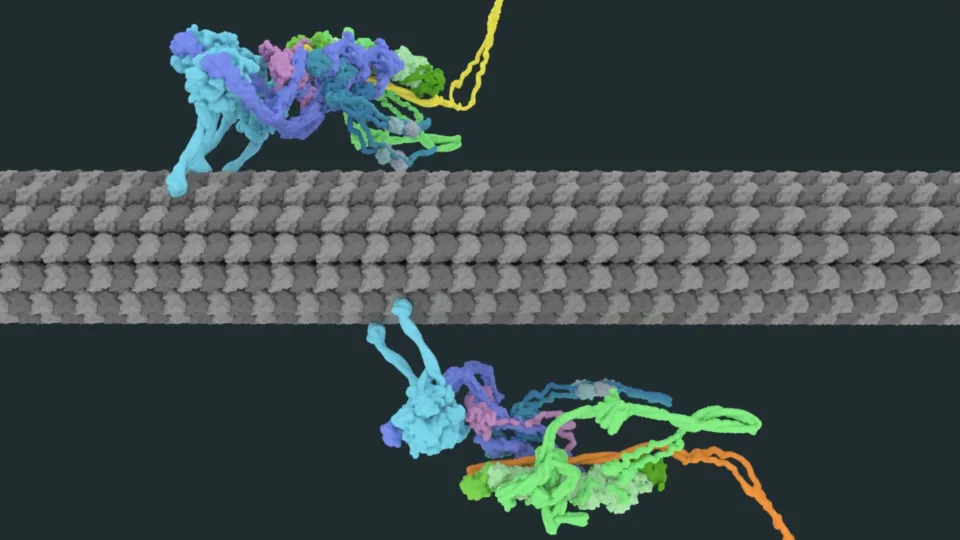News Brief
Protecting Cells from Oxidative Damage
September 6, 2023
Oxidative stress damages proteins important in metabolism and cellular systems. It has been linked to aging as well as Alzheimer’s and other neurodegenerative diseases and occurs when chemicals known as reactive oxygen species overwhelm a biological system’s ability to detoxify them. Whether organisms are sensitive or resistant to oxidative stress depends largely on whether their proteins retain structural integrity and function.
Roger L. Chang, Ph.D., has been awarded a five-year, $2.1 million National Institutes of Health grant to systematically analyze proteins in metabolic pathways to determine which proteins—and which structural properties—are most susceptible to oxidative damage. Dr. Chang and colleagues will also identify key proteins that, when damaged, lead to cellular dysfunction and will engineer proteins that are resistant to oxidative stress. The research should increase understanding of protein oxidation’s role in disease and may lead to strategies for diagnosing and treating disorders involving oxidative stress.
Dr. Chang is an assistant professor of systems & computational biology and of biochemistry at Einstein. (1R35GM151236)



